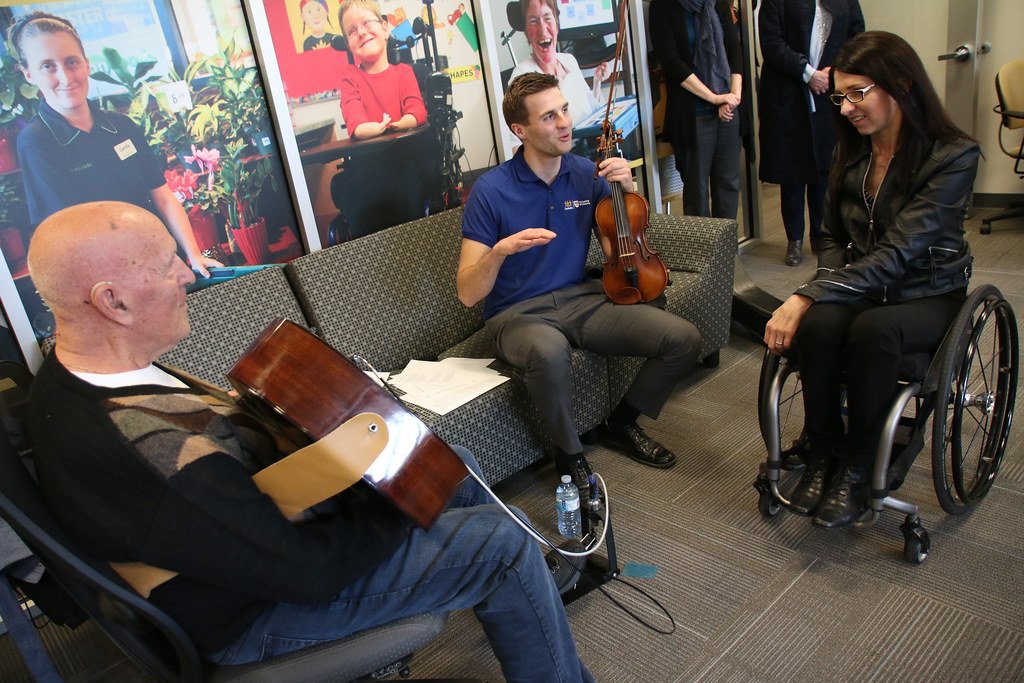 assisted living facilities
assisted living facilities
The aging population is growing worldwide, leading to an increased need for senior care services. Many seniors prefer to age in place, remaining in the comfort of their own homes for as long as possible. However, there often comes a time when they require additional assistance to maintain their health, safety, and independence. Recognizing the signs that indicate a senior may need home care is crucial for ensuring they receive the support they need. This article explores various aspects of identifying these signs, challenges in implementing home care, real-world applications, and common questions associated with senior care.
Exploring the Facets of Senior Home Care Needs
Identifying the signs that a senior requires home care involves considering various factors related to their physical, mental, and emotional well-being. Some common indicators include difficulty with activities of daily living (ADLs), such as bathing, dressing, and meal preparation, as well as mobility issues, forgetfulness, and social isolation. Physical signs may include unexplained injuries, while cognitive signs may involve memory loss or confusion. Emotional signs such as increased irritability or depression may also suggest a need for assistance.
To delve deeper into this topic, consider the following reputable sources:
- Mayo Clinic – Signs that a senior needs home care
- AARP – Recognizing the need for home care
- National Institute on Aging – Home safety checklist for older adults
Challenges and Considerations
One of the main challenges in implementing home care is the resistance from seniors who may be reluctant to accept assistance or acknowledge their declining abilities. Ethical considerations also arise, such as respecting the senior’s autonomy while ensuring their safety. Financial constraints can be another barrier, as home care services may be costly and may not always be covered by insurance or government programs.
For further insights into the challenges and considerations of home care, refer to:
- Family Caregiver Alliance – Challenges of home care
- American Society on Aging – Ethical considerations in home care
- Health Affairs – Financing home care for older adults
Case Studies or Real-world Applications
Case Study 1:
Mrs. Johnson, an 85-year-old widow, lives alone and has recently experienced several falls at home. Her family notices that she struggles with basic tasks such as cooking and cleaning, and they observe signs of forgetfulness. After consulting with a healthcare professional, they arrange for a home care provider to assist Mrs. Johnson with daily tasks and ensure her safety at home. With the support of her caregivers, Mrs. Johnson is able to maintain her independence and remain in her own home.
Conclusion
Recognizing the signs that a senior needs home care is essential for ensuring their well-being and quality of life. By understanding the indicators and challenges associated with home care, families can make informed decisions to support their aging loved ones. As our society continues to age, the conversation around senior care will evolve, and new solutions and support systems will emerge to meet the changing needs of older adults.
Q&A Section
- How do I know if my elderly loved one needs home care?
- Mayo Clinic provides insights into recognizing signs that indicate a need for home care.
- AARP offers guidance on observing changes in behavior and physical condition that may signal a need for assistance.
- What types of services are included in home care?
- The Administration on Aging outlines various services commonly provided by home care agencies, including personal care, household assistance, and companionship.
- Medicare.gov provides information on Medicare-covered home health services, including skilled nursing care and therapy services.
- How much does home care cost?
- Genworth offers a Cost of Care Survey, providing average costs for home care services across the United States.
- Family Caregiver Alliance discusses factors influencing the cost of home care and potential sources of financial assistance.
- How can I find a reputable home care provider?
- The National Association for Home Care & Hospice offers tips for selecting a reputable home care agency, including conducting background checks and asking for references.
- AgingCare provides a directory of home care agencies, allowing users to search for providers in their area and read reviews from other families.
- What are the benefits of home care compared to other care options?
- Home Care Association of America discusses the benefits of home care, including personalized care plans, familiarity with the home environment, and increased independence.
- Family Caregiver Alliance compares home care with other care options, such as assisted living facilities and nursing homes, highlighting the advantages of aging in place.
Need help? Let us know how we can match you.
